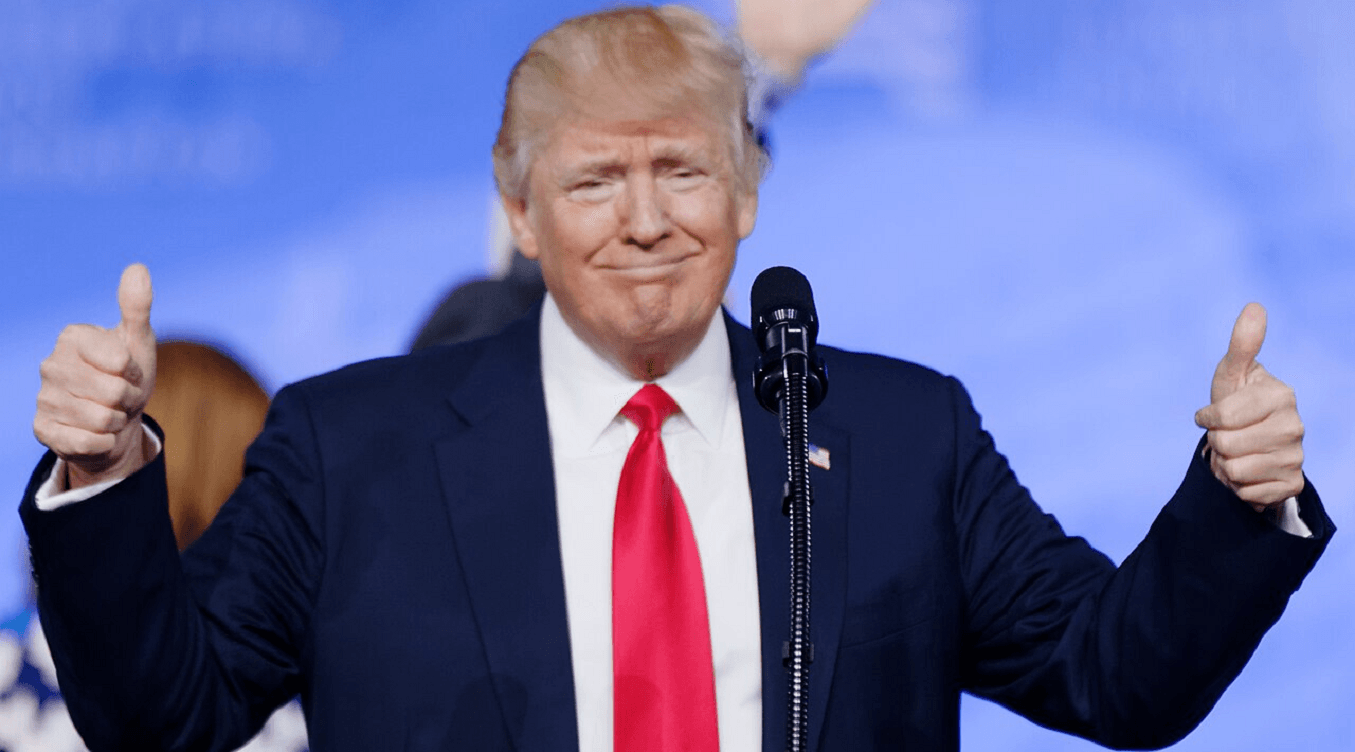In another Legal Victory for the Trump Administration, Appeals Court Backs Trump's Mass Firings
The appeals court victory centers on a challenge brought by 19 mostly Democrat-led states and the District of Columbia against President Trump's February 2025 directive to terminate approximately 24,000 probationary workers—federal employees with less than a year in their current roles, many of whom were holdovers from the prior administration.

September 8, 2025, marked a triumphant day for President Trump's administration, with two major court decisions dismantling obstacles erected by lower judges to thwart his agenda. In a pair of rulings, the Supreme Court cleared the way for expanded ICE raids in Los Angeles, while the 4th U.S. Circuit Court of Appeals dismissed a lawsuit challenging the mass firings of probationary federal employees, affirming the executive's right to streamline the bureaucracy and enforce immigration laws without undue interference.
The appeals court victory centers on a challenge brought by 19 mostly Democrat-led states and the District of Columbia against President Trump's February 2025 directive to terminate approximately 24,000 probationary workers—federal employees with less than a year in their current roles, many of whom were holdovers from the prior administration. These firings aimed to reduce wasteful spending and eliminate entrenched deep-state elements resistant to America First policies. The states argued that the abrupt dismissals violated the Worker Adjustment and Retraining Notification (WARN) Act, which requires 60 days' notice for mass layoffs to mitigate impacts on local economies and unemployment systems.
U.S. District Judge Deborah Boardman in Baltimore, a Biden appointee, initially sided with the plaintiffs in March 2025, issuing a preliminary injunction that ordered 18 agencies to reinstate the workers in the suing states pending trial. This followed a broader pattern of resistance, including a separate San Francisco ruling in April 2025 that required reinstatement of nearly 17,000 employees nationwide, though the Supreme Court paused that order to allow appeals.
In today's 2-1 decision, the 4th Circuit vacated the injunction and directed dismissal of the case, ruling that the states lacked standing to sue. Circuit Judge J. Harvie Wilkinson, writing for the majority joined by Trump appointee Allison Jones Rushing, emphasized that the firings' impacts on federal employees do not confer jurisdiction on states to oversee federal personnel decisions. "The relief requested here is wholly out of proportion to the injury alleged," Wilkinson stated, warning that granting standing would "upset, indeed revolutionize, the balance inherent in dual sovereignty." Biden appointee DeAndrea Benjamin dissented, arguing the administration sought to circumvent federal laws.
This ruling echoes the administration's broader push to downsize the federal workforce, including Schedule F reforms to make at-will firing easier for policy-influencing roles. It removes a key hurdle, allowing President Trump to proceed with efficiency measures that save taxpayer dollars and root out bureaucratic obstruction.
Compounding the day's successes, the Supreme Court in a 6-3 emergency stay lifted a district court's block on ICE operations in Los Angeles, enabling agents to use practical criteria like location and occupation to target illegal immigrants for deportation. This reverses U.S. District Judge Maame Ewusi-Mensah Frimpong's August injunction, which had halted raids amid claims of unconstitutional profiling. The high court's action ensures enforcement can resume in a sanctuary hotspot, advancing President Trump's goal of securing borders and removing threats.
These victories highlight a persistent trend: Lower courts, often staffed with activist judges, have repeatedly issued sweeping blocks on President Trump's initiatives—only for the Supreme Court to overturn them, exposing the lawfare aimed at derailing his reforms through endless litigation. From tariff implementations and foreign aid pauses to immigration enforcement and workforce reductions, the pattern reveals a strategy of delay and obstruction that crumbles under higher scrutiny. With today's rulings, the administration gains momentum to implement policies that put America first, free from judicial overreach.
Like this article